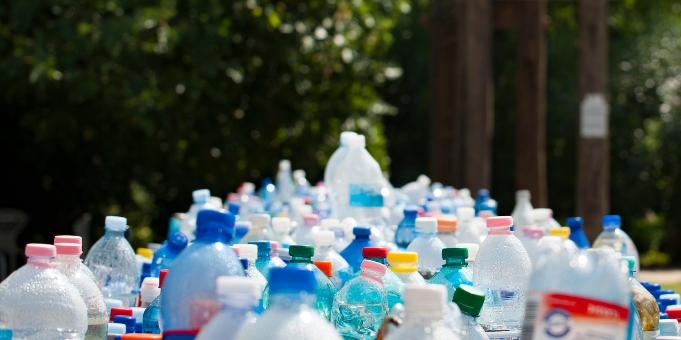More than 40% of all plastic made is packaging, which is used only once or twice before being thrown away. According to a recent analysis examining global plastic waste generation between 2010 and 2016, the United States was responsible for more plastic trash than any country in the world, nearly 300 pounds of plastic trash per person per year.
As plastic is made from fossil fuel, a major source of greenhouse gasses, our ultimate goal should be to prevent the production of petroleum based plastics altogether and replace them with sustainable alternatives. As for plastics recycling, it can play a role, but it is unfortunately not the solution to plastic waste.
An NPR Life Kit episode from June 13, 2021 “The plastic problem isn’t your fault, but you can be part of the solution” suggests the following:
- Learn about the damaging effects of plastics production and pollution, not only on the animals and the environment but also on people’s health.
- Take an inventory of the various plastics in your life. What can you reduce or replace?
- Find environmentally friendly ‘swaps’ for the plastics, such as reusable water bottles, cloth produce bags, and shampoo bars.
- Recycle correctly by learning what’s accepted in your community and be conscientious.
Listen to the episode.


Recently on Twitter